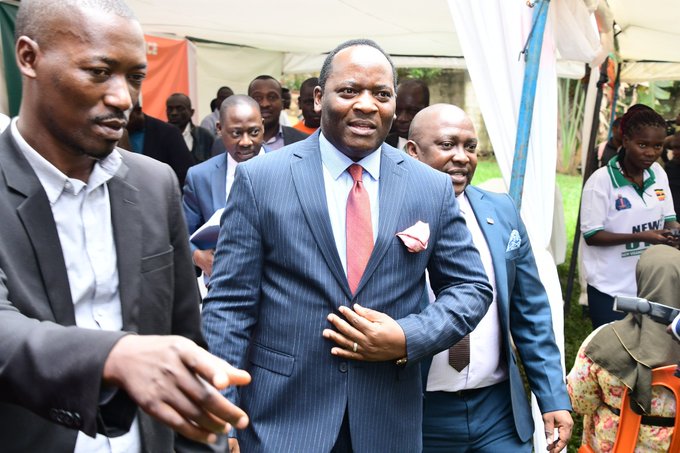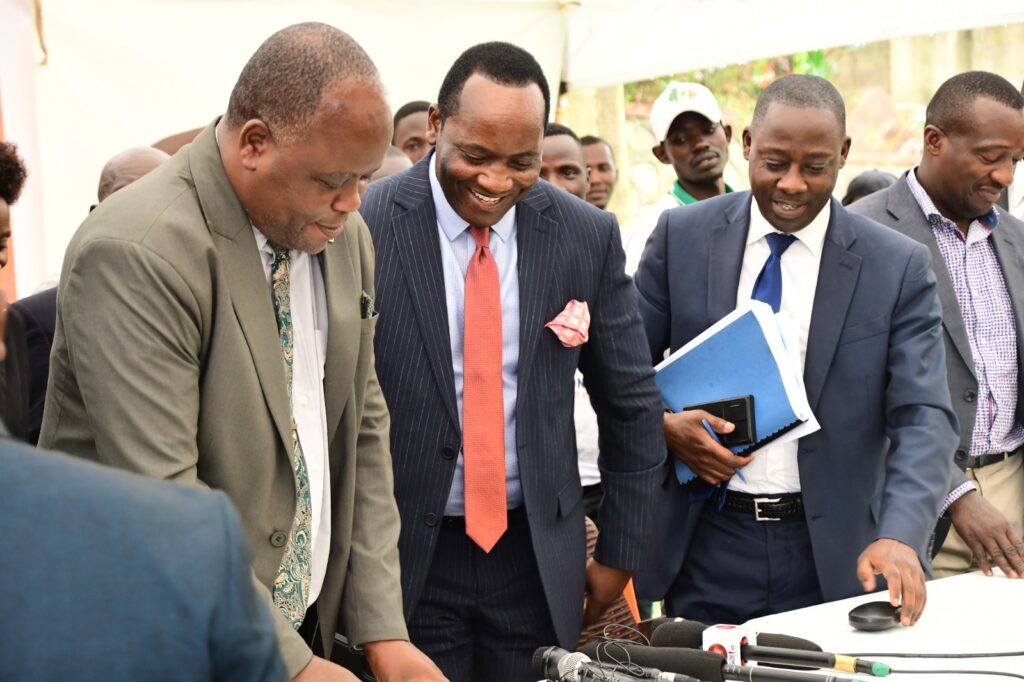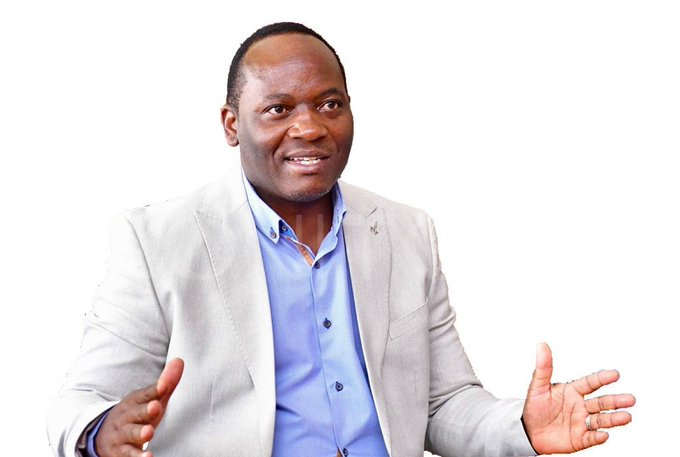Kampala, Uganda – With Uganda gearing up for the 2026 elections, Mathias Mpuuga, former leader of the opposition in Parliament, is under scrutiny as he promotes his six-point agenda aimed at achieving a peaceful political transition. Political analysts and opposition politicians have expressed doubts about whether Mpuuga can effectively implement his ambitious goals amidst a backdrop of entrenched political interests.

One of the core elements of Mpuuga’s agenda is to eliminate military interference in Uganda’s electoral processes. However, critics point out that this would require cooperation from President Yoweri Museveni, who has held power since 1986. “Without addressing the root causes of resistance among those in power, Mpuuga’s proposals may remain mere rhetoric,” warned analyst John Musisi.

Mpuuga’s acknowledgment of the fears that keep leaders clinging to power reflects a broader concern about accountability and reform within Uganda’s political system. The NRM has faced accusations of undermining opposition movements and manipulating electoral outcomes, which complicates any push for change.
Despite skepticism about his agenda’s viability, some political figures recognize Mpuuga’s efforts as a necessary step toward addressing long-standing issues within Uganda’s governance. As election season approaches, the success of his initiatives will depend on building consensus and overcoming significant obstacles posed by established political structures.



























